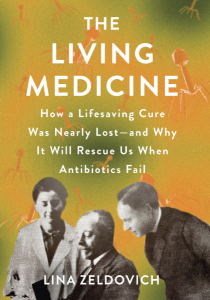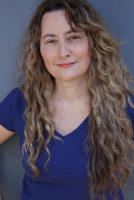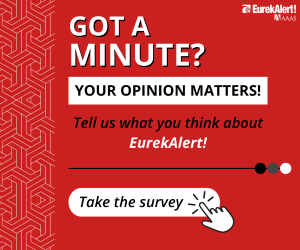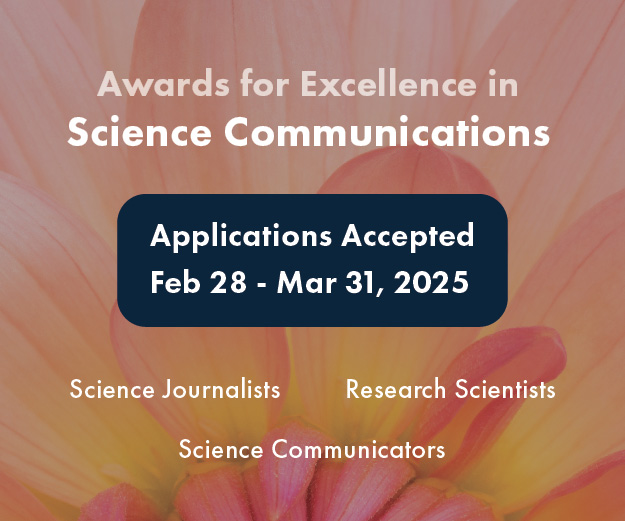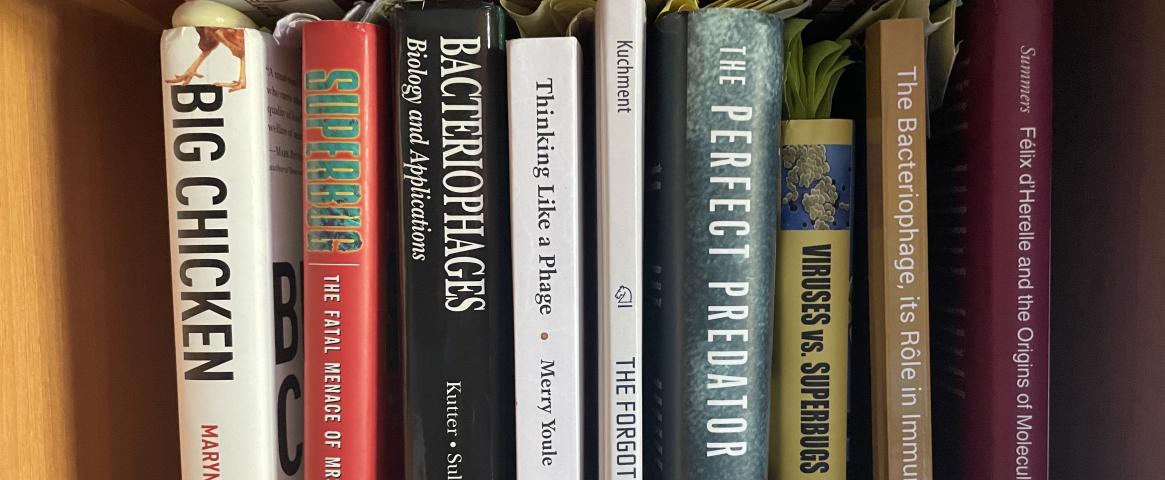
Lina Zeldovich—The Living Medicine: How a Lifesaving Cure Was Nearly Lost—and Why It Will Rescue Us When Antibiotics Fail
HOW A LIFESAVING CURE WAS NEARLY LOST―
AND WHY IT WILL RESCUE US WHEN ANTIBIOTICS FAIL
Lina Zeldovich
St Martin’s Press, Oct 22, 2024,
Hardcover, $30, eBook, $14.99
Hardcover ISBN: 978-1250283382
eBook ISBN: 978-1250283399
Zeldovich reports:
My book is about bacteriophages—viruses that prey on bacteria and can act as alternatives to antibiotics. I first thought of it during Covid as a counterintuitive idea that not all viruses are bad and some are beneficial to humans. I spent 1.5 years perfecting the proposal with the agent who sold my first book and three years working on the book.
To write it, I travelled to Tbilisi, Georgia, to visit the Institute of Bacteriophage Research, where this therapy was developed in the 20th century. I found the descendants of the phage pioneer who was killed during Stalin’s purges, listened to family stories at dinner tables, read handwritten diaries, and combed through declassified KGB records. The result is a thriller-like narrative that chronicles the journey of those who discovered phage therapy and those who brought it back from scientific obscurity a century later.Having been raised in the former Soviet Union where phage therapy was used alongside antibiotics, I was familiar with it. But what I learned during my research was an incredible human story behind the science—political persecution, betrayals, wars, and even love affairs.
When I came back from Tbilisi, I had so much info that I struggled with the opening chapter, rewriting it two dozen times, because there were many different ways to start the book. I didn’t want to just tell my characters’ story: I wanted them to come alive on the pages, and I wanted my readers to feel as if they knew them as people. I never would have found this information in peer-reviewed journals. A narrative with that level of emotional details comes only from talking to people about their history, culture, and memories.
That’s my advice to anyone writing a book—spend as much time as you can with your boots on the ground with your sources and don’t be afraid to ask personal questions. There’s always a way to ask nicely without sounding intrusive. If I were able to do anything differently, I’d spend more time in Tbilisi with my sources, more time at the archives, and more time at the Institute.
Contact info:
- Lina Zeldovich, 917-494-5602, phagetales@gmail.com, https://linazeldovich.com/
X/Twitter: @LinaZeldovich
Instagram: @SciScribe
Bluesky: https://bsky.app/profile/linazeldovich.bsky.social - Book: The Living Medicine: How a Lifesaving Cure Was Nearly Lost—and Why It Will Rescue Us When Antibiotics Fail, https://linazeldovich.com/
- Publicist: Katie Bassel, 646-307-5563, katie.bassel@stmartins.com
- Agent: Luba Ostashevsky, luba@pandeliterary.com
NASW members: will your book be published soon? Promote it by submitting your report for Advance Copy.
Tell your fellow NASW members how you came up with the idea for your book, developed a proposal, found an agent and publisher, funded and conducted research, and put the book together. Include what you wish you had known before you began working on your book, or had done differently.
See https://www.nasw.org/advance-copy-submission-guidelines.
View Advance Copy archives at https://www.nasw.org/member-article/advance-copy.
Thinking of writing a book? If you are a NASW member, you may access a list of more than 200 books and online resources to help you craft your book proposal, find an agent and funding sources, negotiate your contract, learn about self-publishing, publicize and market your book, and more at https://www.nasw.org/article/write-book.
View the recording of an Advance Copy Virtual Business Chat, A Primer for Authors on Book Publicity. NASW member login required.
View the recording of a Virtual Business Chat presented by NASW’s Freelance Committee and Advance Copy column Writing Wikipedia Profiles. NASW member login required.
View the recording of a recent Virtual Skills Chat presented by NASW’s Editing Committee How to Break into Editing. NASW member login required.
View the recording of a recent Virtual Skills Chat presented by NASW’s Freelance Committee Using Generative A.I. as Writers and Editors. NASW member login required.
Send book info and questions about book publishing to Lynne Lamberg, NASW book editor, llamberg@nasw.org.
Follow @LynneLamberg and @lynnelamberg.bsky.social for news about NASW authors, science/medical books, and writing.
Banner image adapted from original photo by Lina Zeldovich.
NASW invites publishers and publicists to purchase NASW website ads to promote their authors and books via NASW’s self-service purchasing portal.
Advance Copy
The path from idea to book may take myriad routes. The Advance Copy column, started in 2000 by NASW volunteer book editor Lynne Lamberg, features NASW authors telling the stories behind their books. Authors are asked to report how they got their idea, honed it into a proposal, found an agent and a publisher, funded and conducted their research, and organized their writing process. They also are asked to share what they wish they’d known when they started or would do differently next time, and what advice they can offer aspiring authors. Lamberg edits the authors’ answers to produce the Advance Copy reports.
NASW members: Will your book be published soon? Visit www.nasw.org/advance-copy-submission-guidelines for information on submitting your report.
Publication of NASW author reports in Advance Copy does not constitute NASW's endorsement of any publication or the ideas, values, or material contained within or espoused by authors or their books. We hope this column stimulates productive discussions on important topics now and in the future as both science and societies progress. We welcome your discussion in the comments section below.
